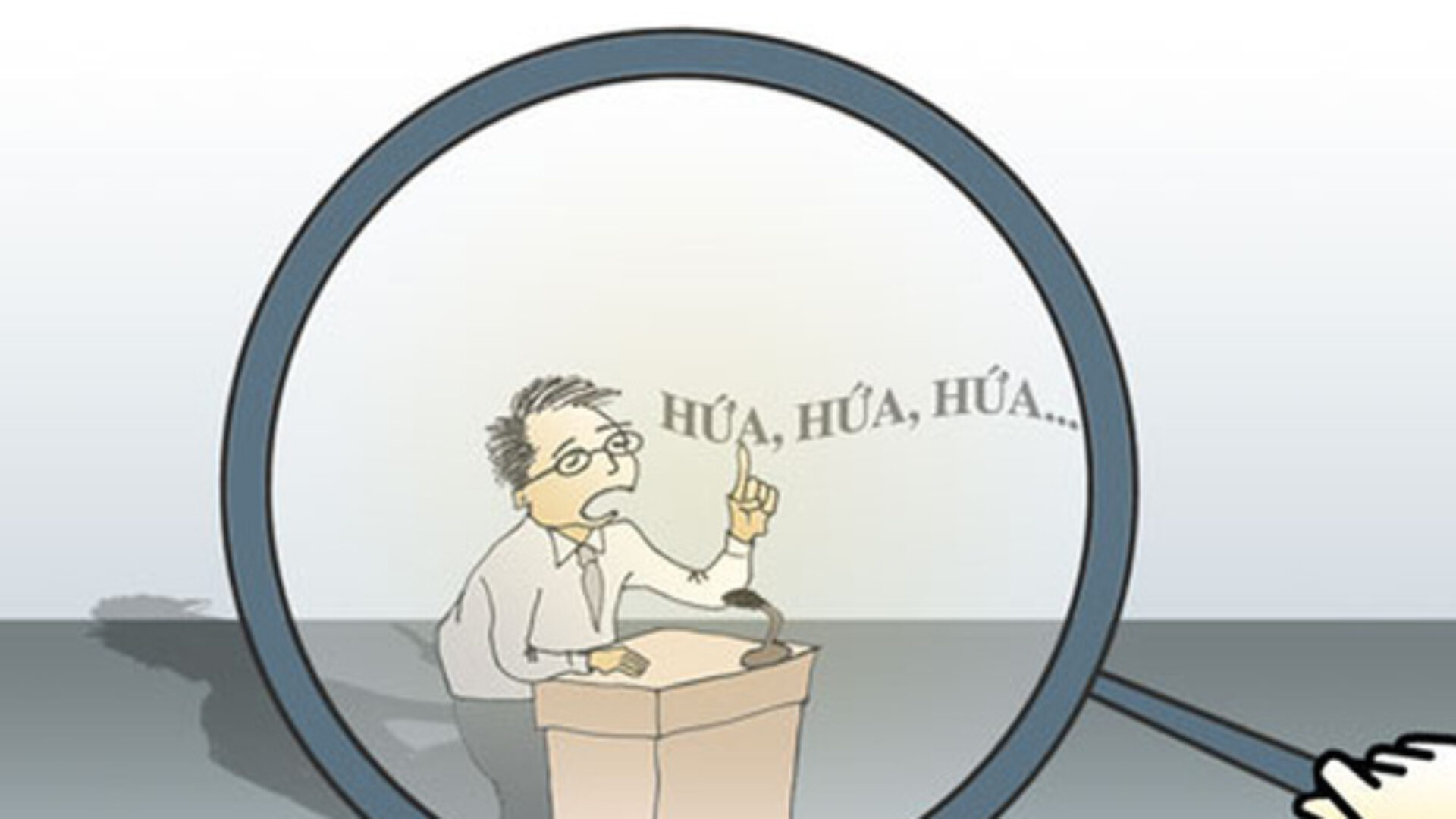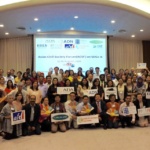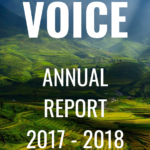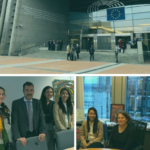UNDP Engagement With Civil Society
UNDP seeks to engage with civil society to promote the Millennium Development Goals (MDGs). Engagement with civil society is critical to national ownership of development processes, democratic governance, and the quality and relevance of official development programmes. Given the growing role and influence of civil society in development, UNDP seeks to draw on and contribute to its strengths in order to maximize the potential of civic engagement for development.
What We Do
UNDP focuses on three goals for strengthening civil society:
· First, we invest in civil society and civic engagement by facilitating an enabling environment for civil society, supporting and partnering with civil society for policy impact and revitalizing UN(DP) capacity and environment to engage with a fuller range of civil society actors that could contribute to a positive social change and foster civic engagement.
· Second, we facilitate citizen action for democratic governance and development by supporting democratic governance through collective civic action for accountability, drawing on the expertise and experience of others in this arena to facilitate more productive state-society and mutually respectful interactions in national processes; and scaling up community actions for local development and upstream impact.
· Third, we strengthen civic engagement for multilateralism and human development by promoting UNDP-civil society partnerships for human development as well as UN(DP)-civil society dialogue mechanisms at national, regional and global levels to promote inclusive participation in development processes; and facilitating multi-stakeholder platforms and networks to address global development priorities.
These goals are supported through partnerships with civil society at country offices and at the global level. UNDP engagement with civil society is guided by two policy documents: the UNDP Corporate Strategy on Civil Society and Civic Engagement (2012) and the UNDP and Civil Society Organizations: A Policy of Engagement (2001).
Why We Work With Civil Society
Civil society actors at national and global levels have developed substantive capacity and influence in a range of development issues. Partnering with them can help contribute to the effectiveness of development interventions, especially with respect to marginalized and vulnerable groups.
The success of development and participatory governance depends on both a robust state and an active civil society with healthy levels of civic engagement. Civic engagement is key to the work of UNDP in strengthening responsive governing institutions and practices – accountability, good governance, democratization of development co-operation, and the quality and relevance of official development programmes. Civil society also has an important role to play in development and aid effectiveness. It has been a strong advocate of changes in the way donors provide development assistance, and is an active partner around the Paris Declaration and Accra Agenda for Action.
Many civil society organizations (CSOs) have a proven capacity for broad-based mobilization and creating bottom-up demand that fosters responsive governance. Civil society advocacy can facilitate the participation of poor and vulnerable populations in the design and implementation of development policies and programmes. This can enhance the delivery of basic social services, such as health and education. Civil society organizations also play a critical watchdog role in public life. Last but not least, members of civil society organizations volunteer their time, skills, and expertise to development.
Who We Work With
For UNDP, civil society constitutes the full range of formal and informal organizations that are outside the state and market. This includes social movements, volunteer organizations, indigenous peoples’ organizations, mass-based membership organizations, non-governmental organizations, and community-based organizations, as well as communities and citizens acting individually and collectively.
To foster policy dialogue with civil society, UNDP has in recent years promoted the establishment of Civil Society Advisory Committees to United Nations Country Teams as forums for strategic engagement by civil society in the work of the UN at the national level. At headquarters, the Civil Society Advisory Committee provides UNDP with policy advice.
UNDP partners with a wide cross-section of local, regional and global CSOs in programme implementation and policy advocacy. At the country level, this often means working with them to provide basic services in the areas of health, education, water delivery, agricultural extension and micro-credit provision.
In addition, recognizing that CSOs often serve as both a driving force in guiding development policies and as a watchdog to make sure policies get implemented, UNDP facilitates civil society participation in poverty reduction strategy processes, advocacy for the MDGs, and in advancing gender equality.
Resource: http://www.undp.org/content/undp/en/home/ourwork/funding/partners/civil_society_organizations.html









